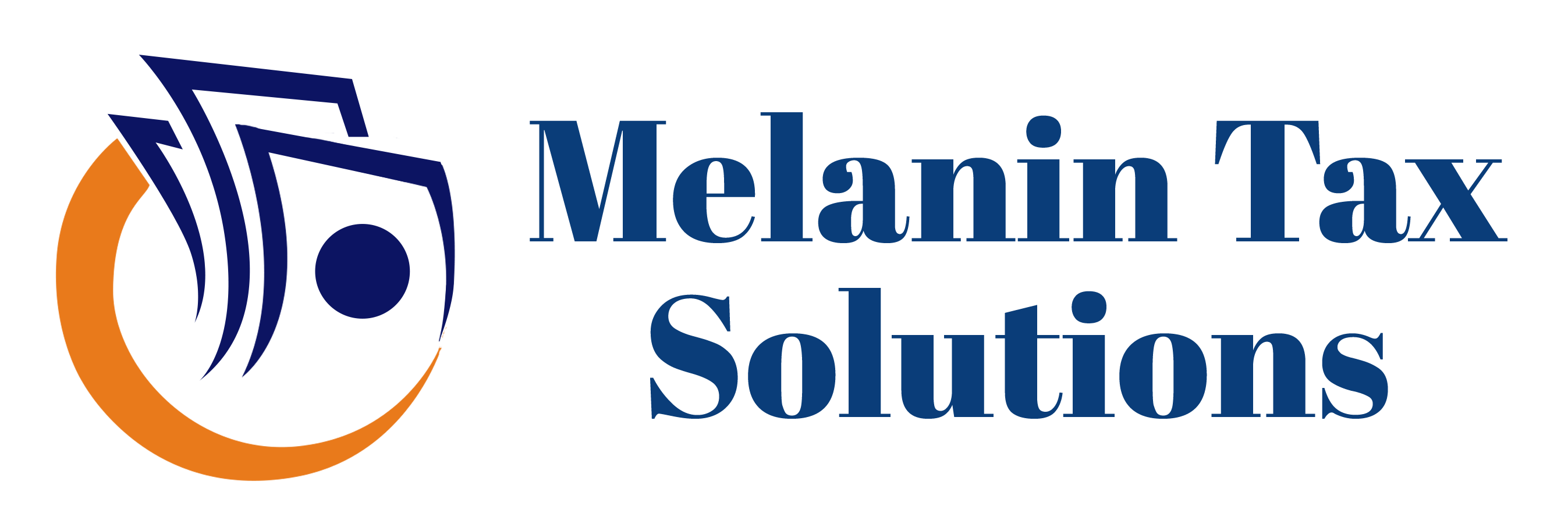When it comes to filing your taxes in New York, there are several factors to consider. If you wish to make the most of your hard-earned funds, it is important to understand that there are many different tax brackets and rules that apply to each individual’s financial situation. The purpose of this guide is to provide answers to some of the most common questions regarding New York City taxes.
Do I Need an Attorney to Help with My Tax Planning in New York?
Yes, you should seek the assistance of an attorney when it comes to filing your taxes. When you hire an attorney to assist you in filing your taxes, whether individually or through a tax planning company, you will be able to save money and receive more reimbursement from the government.
An attorney will ensure that the information on your tax return is accurate, ensure that all taxes are paid accurately and according to state law, and provide guidance on how to maximize returns through various deductions and credits, including those related to IRA contributions, real estate expenses, and so forth.
If this sounds like something worth investing in, find a representative who has experience representing self-employed or small business taxpayers. Be sure to ask for references before hiring anyone to make sure of their professional abilities. Consider what kind of refunds could realistically be earned with various deductions.
What Assets are Exempt from State Taxes?
Small businesses in the state of New York enjoy certain exemptions from taxation. Generally, these exemptions fall into two main categories: completely exempt assets and partially exempt assets.
Completely exempt assets are those that are not subject to any form of taxation regardless of their value or purpose, such as business-related personal property and equipment used for charitable purposes. For example, items such as computers, furniture, fixtures, and machinery that are required in the operation of a small business may be completely exempt from taxation as long as they are used exclusively for the purpose of carrying out the business’ operations.
Partially exempt assets include items such as buildings or land that may be owned by a small business but which are only subject to limited taxation. Typically these assets can only be taxed when they generate income, rather than simply based on their value alone. Examples might include rental properties owned by a small business, or other real estate investments such as commercial buildings or warehouses used in part for business operations.
Why Should I Take Advantage of Tax Credits?
Tax credits are a great way to save money and get tax refunds. They are available to low-income individuals, persons with disabilities, and veterans. It is important to note that tax credits are not the same as tax deductions.
Small business owners can benefit greatly from these deductions because they can reduce their taxable income and therefore lessen the amount paid out in taxes each year. Additionally, certain credits—such as those for health insurance premiums—may provide incentives for businesses to invest more in employee benefits, making them more attractive employers in the future. Finally, many tax credit programs are designed specifically with small businesses in mind; these tailor-made programs often provide entrepreneurs with added flexibility and assistance when filing returns or locating applicable deductions or exemptions.
In essence, tax credits offer small business owners a great way to save both time and money when it comes to filing taxes each year. With this extra cash being freed up from taxes, they may then look into investments or other ventures that could further increase their overall financial security and prosperity – allowing them to get ahead further down the road in life financially.
Maximize Your Tax Savings with Melanin Tax
Melanin Tax is a qualified and experienced tax planning company in New York. The tax planning attorneys at our firm are dedicated to helping you minimize your risk and maximize your tax savings.
We understand the complexities of the tax code and can help you navigate it to maximize your deductions, credits, and other strategies. As a comprehensive tax planning firm, we will provide you with tailored solutions for all your personal and business needs.
Let us handle the hard part so you can focus on what matters most—growing your business and taking care of your family. Learn more about our services and how we can help you succeed by contacting us today at (347) 943-6772.

